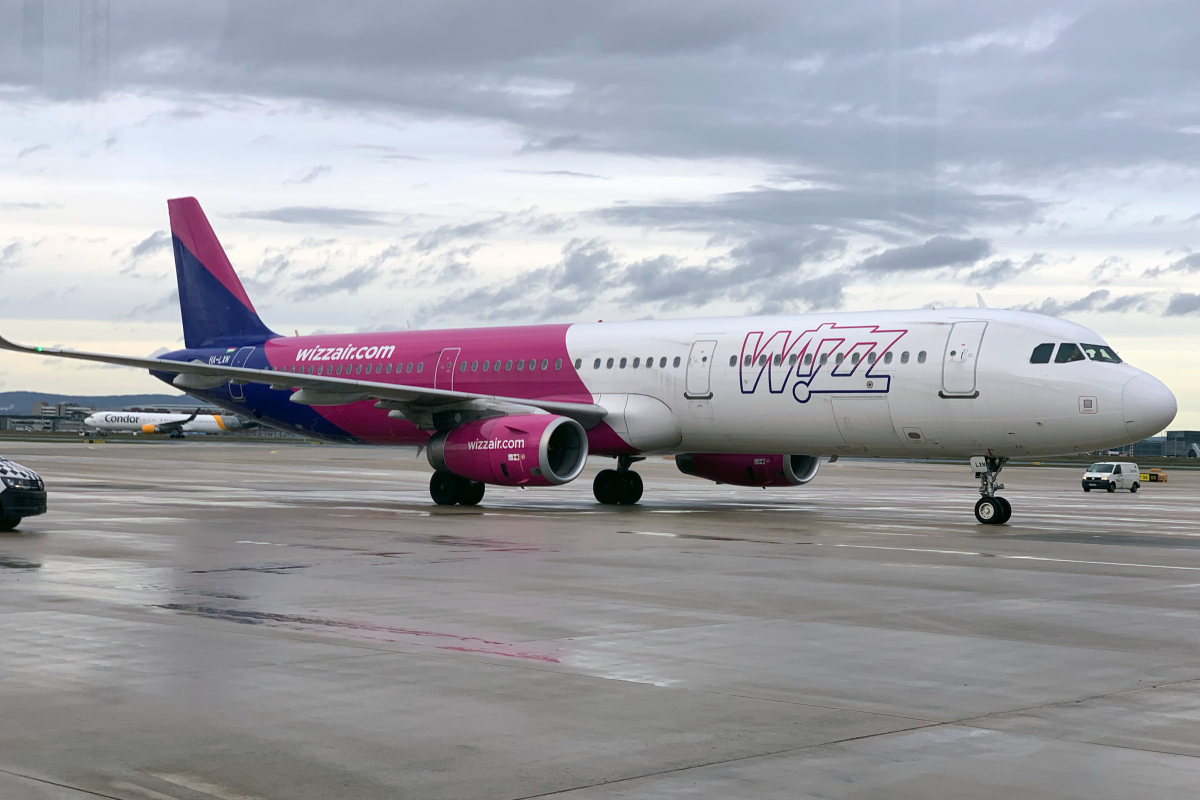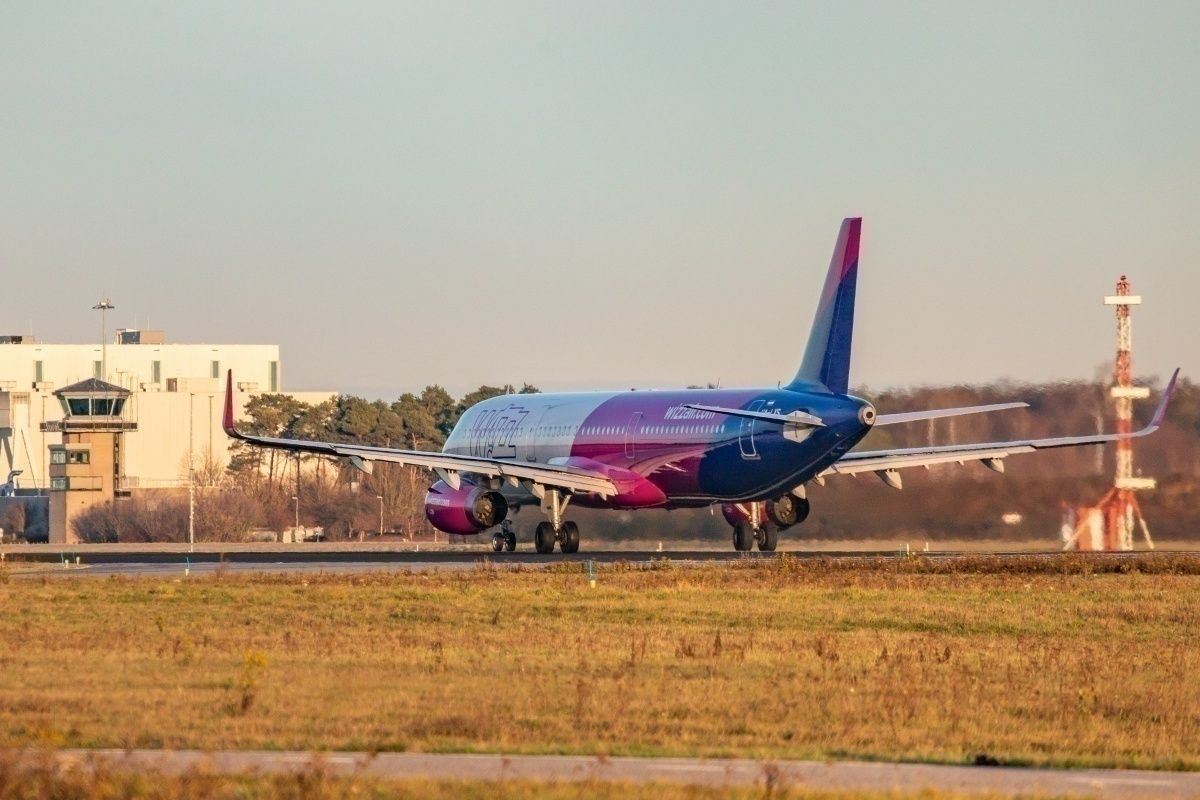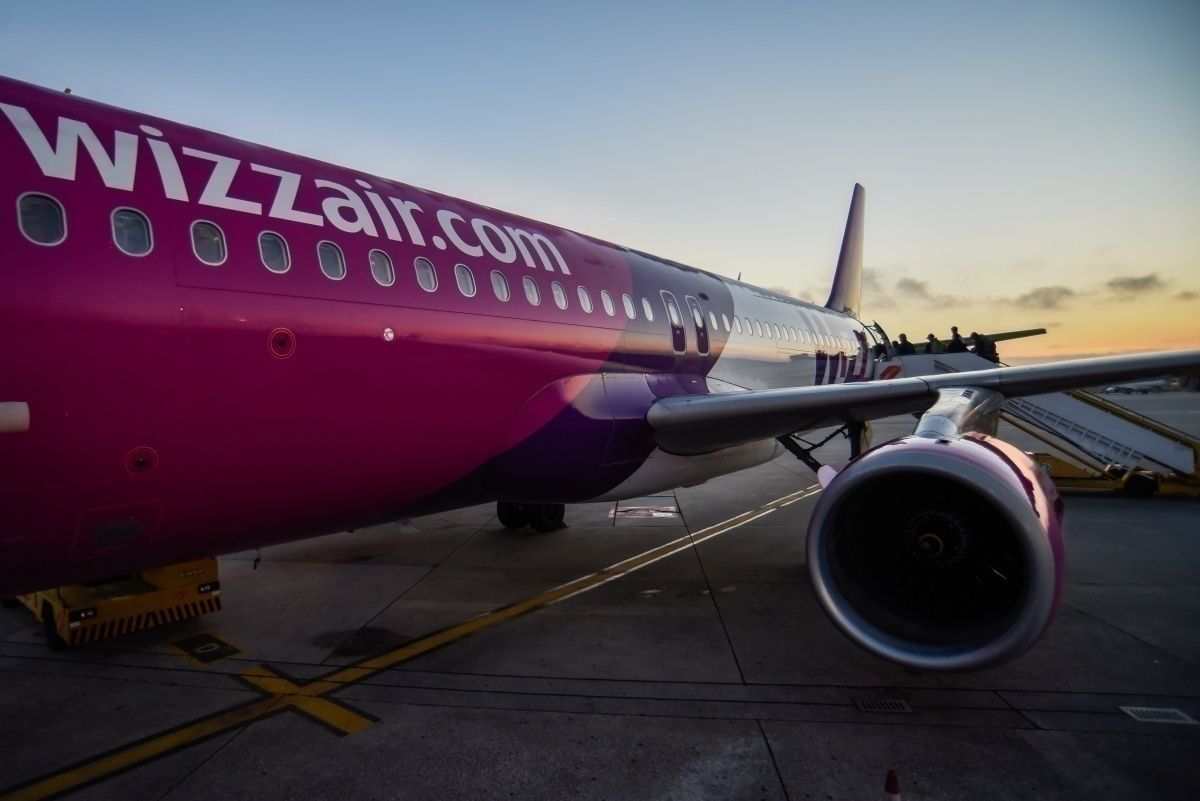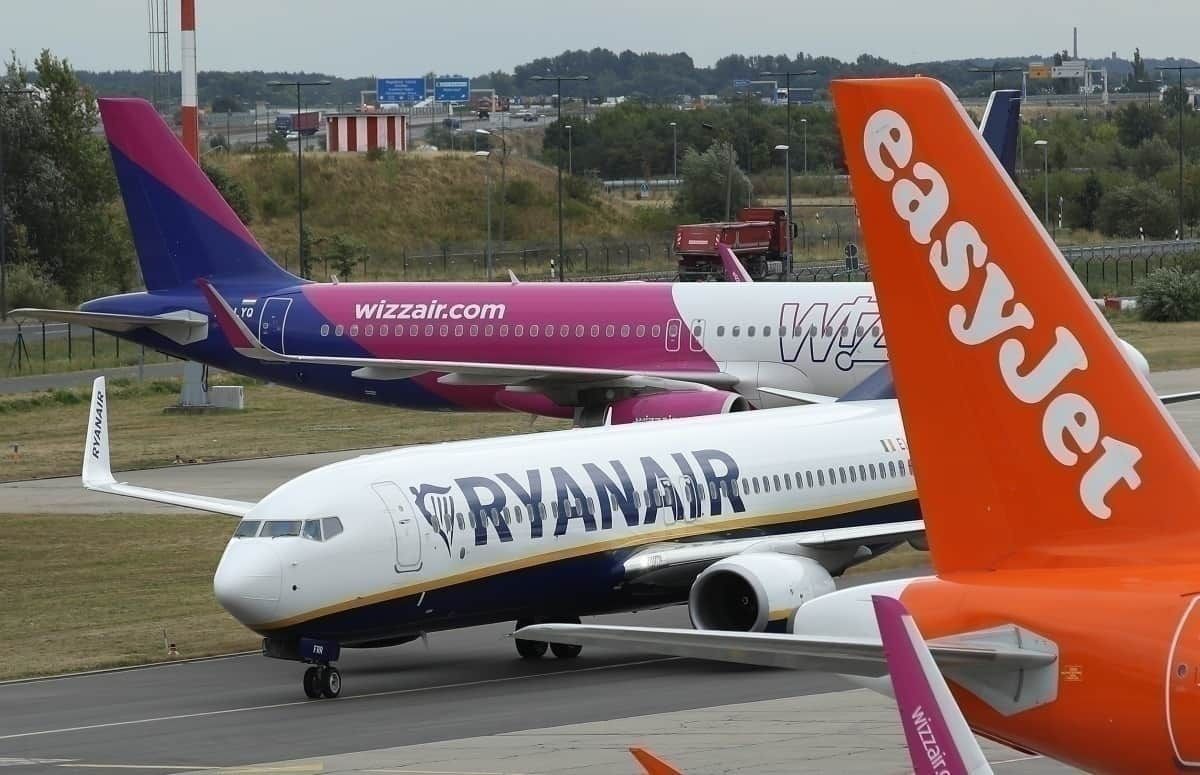Wizz Air is in the process of negotiating a new agreement with Tuzla Airport in Bosnia and Herzegovina. The details of the agreement are not public but a Simple Flying analysis of financial reports from Bosnia and Herzegovina shows that Wizz Air is set to receive significant financial assistance. Let's take a look.
Where is Tuzla?
Tuzla Airport serves the north-east of Bosnia and Herzegovina, and it is one of four airports in the country. This is rather a lot of airports, since the total air traffic is less than two million passengers, according to the Bosnia and Herzegovina Directorate of Civil Aviation.
Tuzla Airport is presently served only by Wizz Air, and this has always been so. The airport used to be the largest military base in Yugoslavia. When the country disintegrated and Bosnia became independent, Tuzla's use as a major military base no longer applied.
It is for this reason that the airport first made an agreement with Wizz Air. With a relatively non-existent tourist demand, Tuzla could only develop itself as a passenger airport if an ultra-low-cost carrier based itself there.
Following Wizz Air's arrival, Tuzla has become the second busiest airport in the country. It is second to Sarajevo International Airport, which in 2019 celebrated a record year, thanks to FlyBosnia.
Wizz Air is exactly what Tuzla needed: an ultra-low-cost carrier that can serve its price sensitive demand. Bosnia and Herzegovina has a GDP lower than that of Honduras, Senegal or Zambia, according to the IMF. And Tuzla isn't even the capital city.
Wizz Air rapidly expanded in Tuzla in the 2010s
Wizz Air launched its first route from Tuzla in 2013, to Malmö. The Swedish city was first scheduled as a summer-seasonal destination, but Wizz Air converted it to a year-round route very quickly.
Two more routes were launched in 2013: Basel and Gothenburg. A year later, Wizz Air also added flights to Dortmund and Eindhoven.
In 2015, Wizz Air opened a base in Tuzla, and it has been growing there ever since. Its network expansion continues to follow a consistent pattern. Almost all new destinations the airline is launching out of Tuzla are in areas with strong Bosnian immigration.
The Bosnian diaspora has proven itself to be highly price-sensitive, which is why Wizz Air is well suited to serve this airport. The airline has a highly competitive cost structure, which means it can operate both profitably and with a high load factor serving circular migration from Tuzla.
The negotiation
Ex-Yu Aviation News reports that representatives from Tuzla Airport and Wizz Air recently held a meeting as part of the negotiation of the partnership. They will be holding another meeting within a week, which is expected to result in a new agreement being formed.
The previous agreement will expire in June this year. As SEEbiz reported in 2014, this existing agreement covered a period of five years and saw Wizz Air station two Airbus A320 aircraft in Tuzla. This enabled it to launch multiple new routes and adapt its schedule over the years.
The General Manager of Tuzla Airport Esed Mujačić said he expects Wizz Air to launch new routes out of Tuzla following the signing of the new agreement. It is also expected that Wizz Air will station a third Airbus aircraft in Tuzla. This would then result in the launch of several new destinations and additions in capacity on existing routes.
The details of the deal that Tuzla Airport is offering to Wizz Air are not public. The new agreement is expected to be confidential too. However, the financial documents released by local and state government bodies in Bosnia and Herzegovina reveal that the extent of financial assistance is great.
Sarajevo Times reported in December 2017 that the government of Bosnia and Herzegovina has put aside 3,570,000 BAM ($2 million) to subsidize operations at Tuzla Airport. This is separate from the money that it gave the airport for capital investments. With Wizz Air being the only airline operating there, this means that the airport makes a $2 million loss on the airline, annually.
It is expected that Wizz Air will receive very favorable treatment in Tuzla again. The airline covers a huge range of markets with bases across Europe, so it can very easily shift all capacity away from Tuzla.
Tuzla, on the other hand, only has Wizz Air, and as such has a far weaker position in this negotiation. The airport previously attempted to raise the fees charged to Wizz Air, but the airline threatened to leave in response. The two sides then reached a settlement, with Tuzla Airport giving in to Wizz Air. This then led to the five-year contract that expires in four months, which saw Wizz Air open a base in this Bosnian airport.
Where could Wizz Air fly?
At the moment, Wizz Air flies to fifteen destinations from Tuzla. These are listed on the Wizz Air website as the following: Basel, Berlin, Billund, Cologne, Dortmund, Eindhoven, Frankfurt, Friedrichshafen, Gothenburg, Karlsruhe/Baden-Baden, Malmö, Memmingen, Stockholm, Växjö and Vienna.
As is typical for Wizz Air, where a city listed above has more than one airport, the airline flies to the one that charges lower fees. So flights to Berlin land in Schoenefeld instead of Tegel, in Frankfurt it is Hahn instead of Frankfurt International and Memmingen is the airport that essentially serves Munich. Malmö in Sweden also serves Coppenhagen.
Previously, Wizz Air also served London Luton and Sandefjord in Norway. These two routes could be the first ones that Wizz Air re-introduces following a new agreement. The re-introduction of flights to London Luton might be particularly likely because FlyBosnia has just suspended ticket sales from there to Sarajevo.
But this rests on Tuzla Airport offering Wizz what it wants. If this doesn't happen, the airport might find itself losing its only customer.




